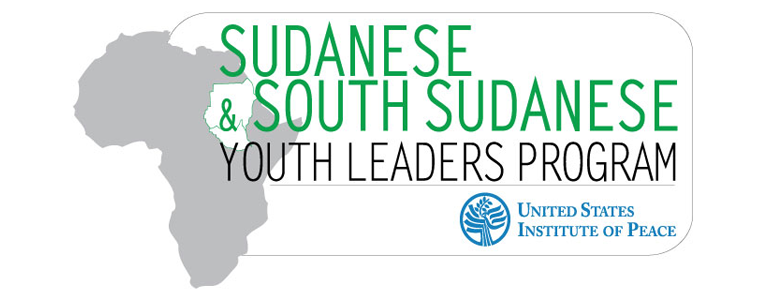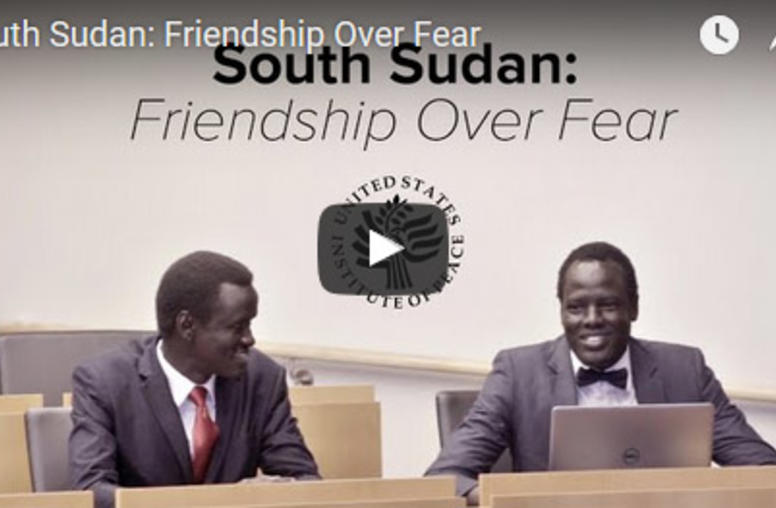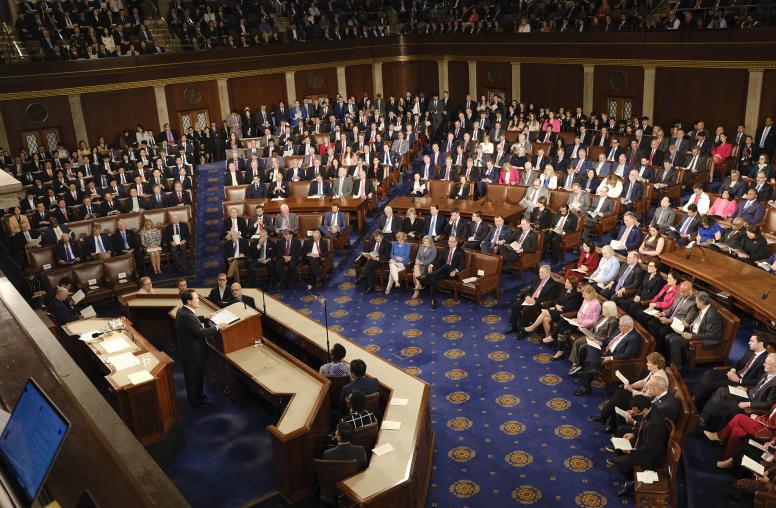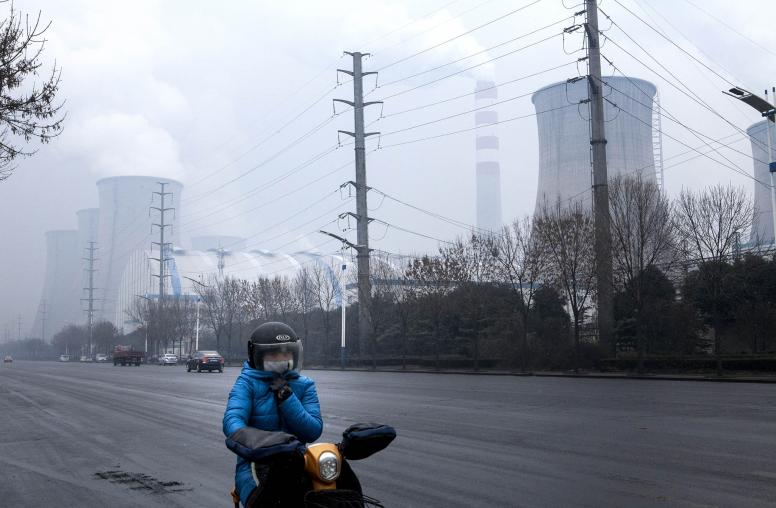The U.S. Institute of Peace (USIP) ran the Sudanese & South Sudanese Youth Leaders program from 2013-2019. The program brought Sudanese and South Sudanese peacebuilders between ages 18 and 35 to Washington, DC to be in residence at the U.S. Institute of Peace (USIP) for four months. The goal of the project was to support youth to gain the knowledge, skills, and confidence to further their peacebuilding work and position themselves as stronger peacebuilding agents in their communities.

USIP’s youth leaders are engaged in peacebuilding efforts back in their communities. Their projects and work have focused on engaging young female peacebuilders, religious peacebuilding, the role of women in conflict and peace, the role of media in peacebuilding, and analyses of the root causes of local conflict.
Past Youth Leaders
Nyachangkuoth R. Tai
Namisio Joy Bage
Francis Banychieng Jor
Project: Promotion of Gender Equality and Inclusiveness
Ajing Chol Giir, South Sudan
Project: The role of “Sports and Cultural Dialogue” in peacebuilding and reconciliation
Silvio William Deng, South Sudan
Project: Root Causes of Ethnic Conflict in Upper Nile State
Ikhlas Mohammed, Sudan
Project: Women’s Role in Conflict Resolution in Darfur
Arif Omer, Sudan
Project: The Peace Lens Project (Media and Conflict in Sudan)
Othow Okoti Onger, South Sudan
Project: The Role of the Church in Peacebuilding in Jonglei State





